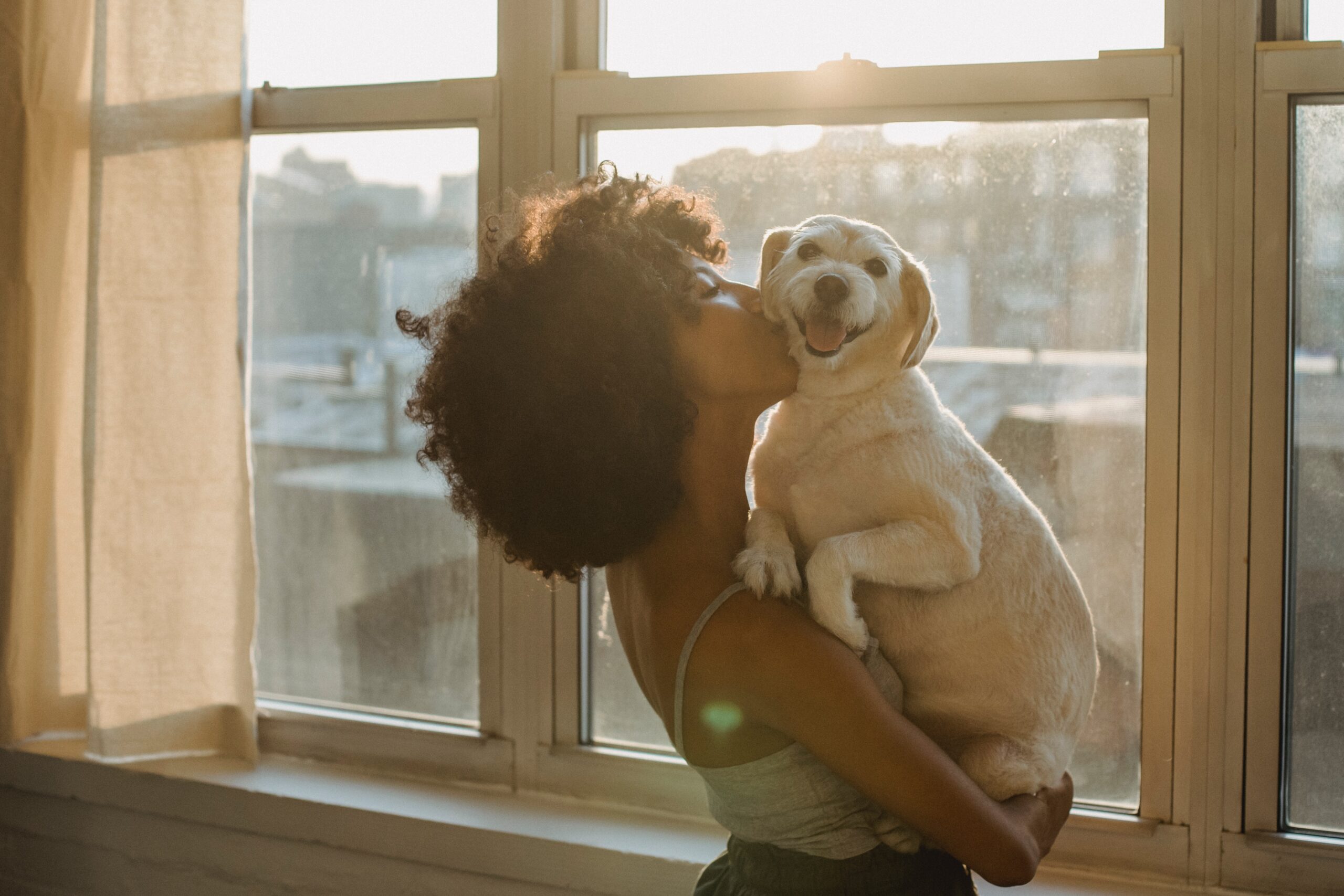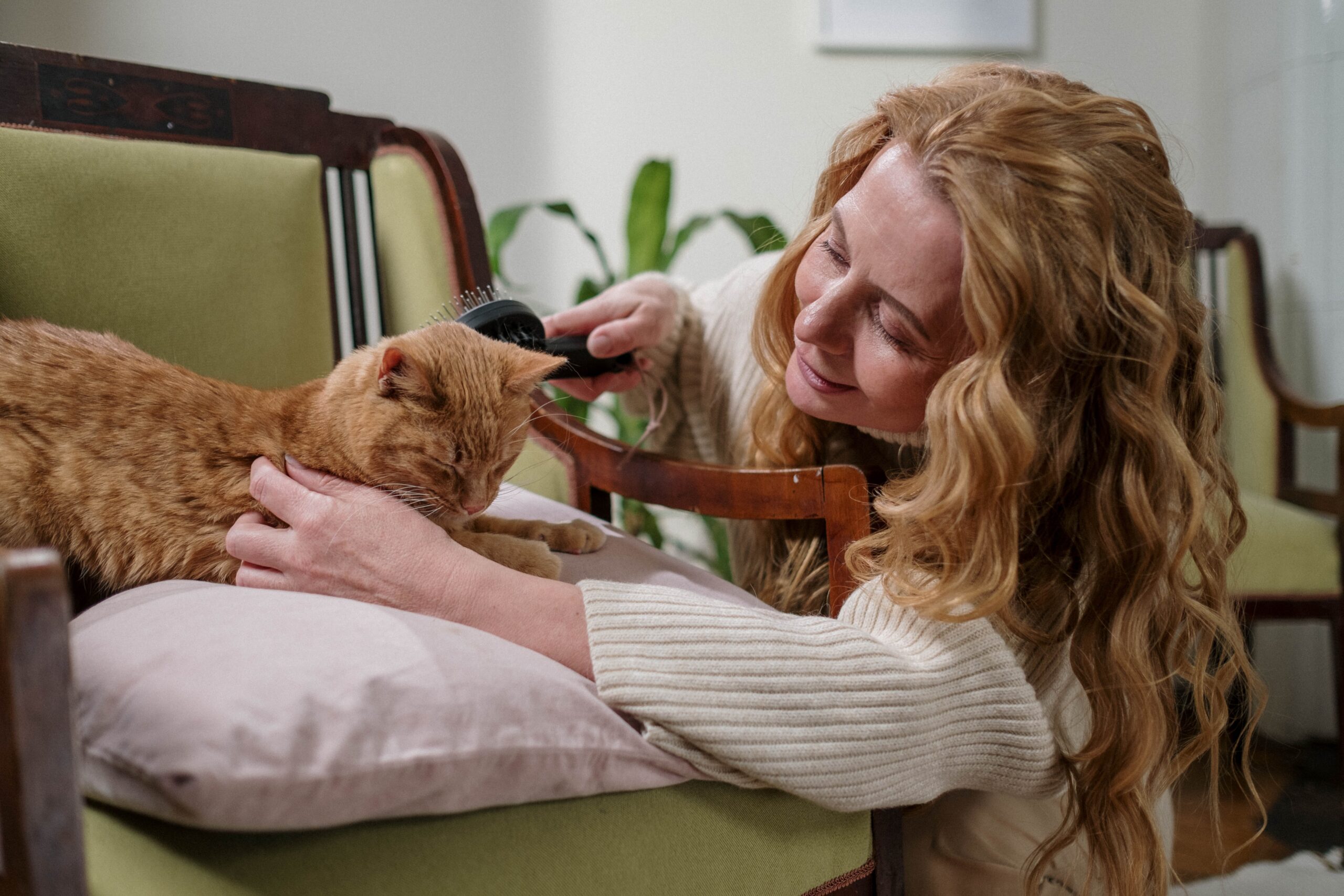Travel Vaccinations for Pets: What You Need to Know
When planning a trip with your furry friend, it’s essential to make sure that they are up-to-date with their vaccinations. Traveling can expose your pet to various diseases and illnesses that they may not have encountered before. Travel vaccinations for pets can help protect them from these diseases and ensure that they stay healthy while on the road.
In this article, we’ll explore everything you need to know about travel vaccinations for pets.
Understanding the Risks:
When traveling with your pet, there is always a risk of exposure to diseases that may not be present in your local area. This risk increases if you’re traveling internationally, where different diseases and illnesses are prevalent. Your pet’s vaccination history and age will determine which vaccines they need to stay safe and healthy while traveling.
Vaccinations for Dogs:
Dogs need to be vaccinated against several diseases before traveling. Some of the essential vaccines for dogs include rabies, distemper, hepatitis, parvovirus, and bordetella. Depending on where you’re traveling, your dog may also need additional vaccinations, such as leptospirosis or Lyme disease.
Vaccinations for Cats:
Cats also need to be vaccinated before traveling to protect them from diseases. The most important vaccine for cats is the rabies vaccine. Other vaccines that are often recommended for cats include feline herpesvirus, calicivirus, and panleukopenia.
Timing of Vaccinations:
It’s essential to plan your pet’s vaccinations well in advance of your trip. Some vaccinations require multiple doses, so it’s essential to allow enough time for all doses to be administered before your departure date. Some countries may also require a waiting period after vaccination before your pet is allowed to enter the country.
Consulting with Your Veterinarian:
It’s always a good idea to consult with your veterinarian before traveling with your pet. They can advise you on the vaccines your pet needs based on your destination, the length of your trip, and your pet’s health history. Your vet may also recommend additional precautions, such as flea and tick prevention medication.
Conclusion:
Traveling with your furry friend can be an enjoyable experience, but it’s essential to make sure they are protected from potential diseases and illnesses. Vaccinations are the best way to ensure that your pet stays healthy and safe while traveling. Consult with your veterinarian to determine which vaccines your pet needs based on your destination, and make sure to plan ahead to ensure that your pet receives all necessary vaccinations before your trip. With the right vaccinations and precautions, you can have a worry-free travel experience with your furry companion.




